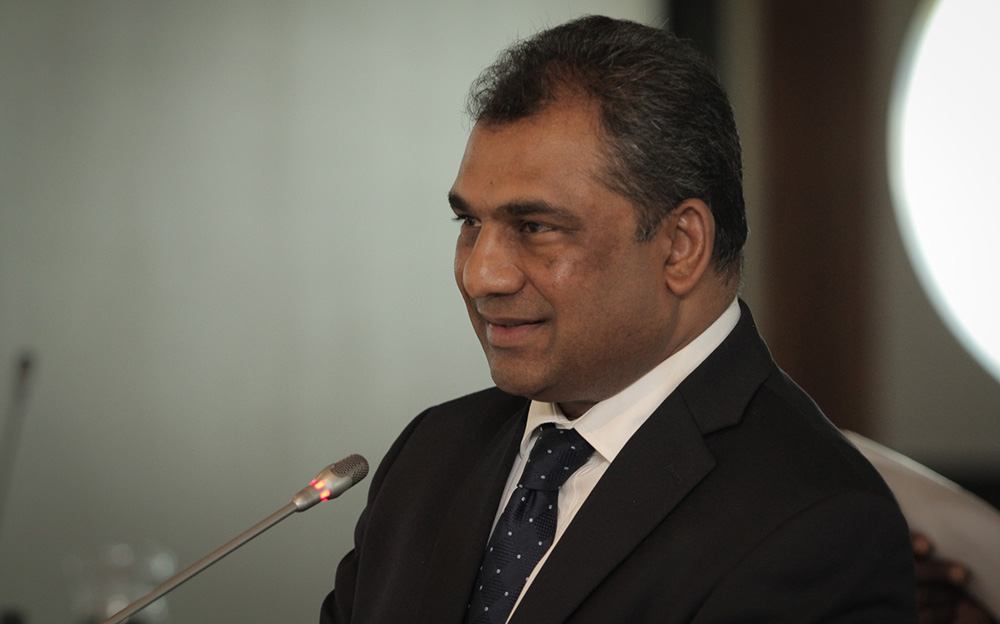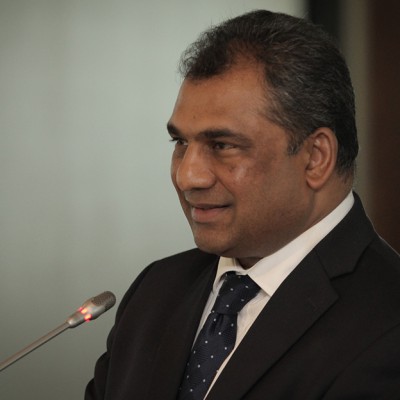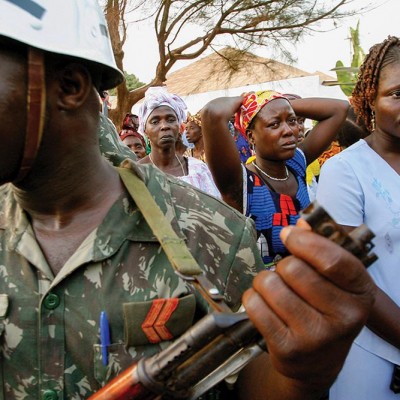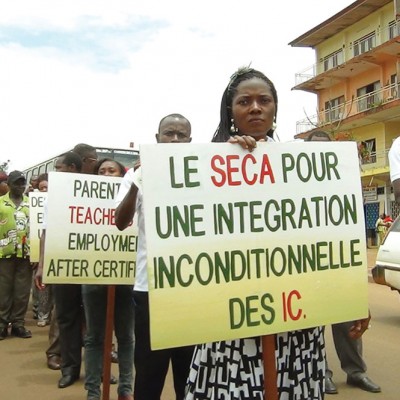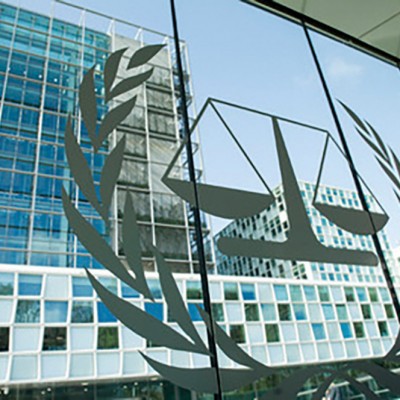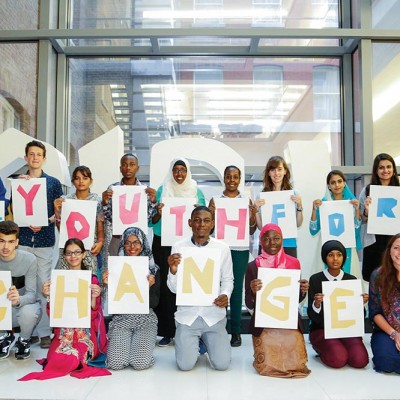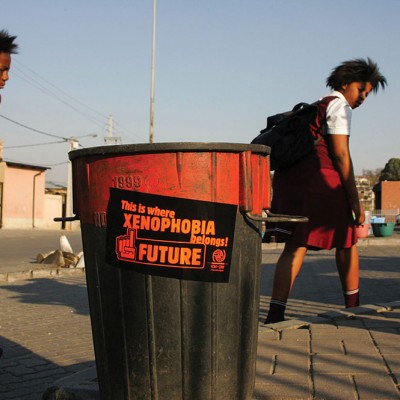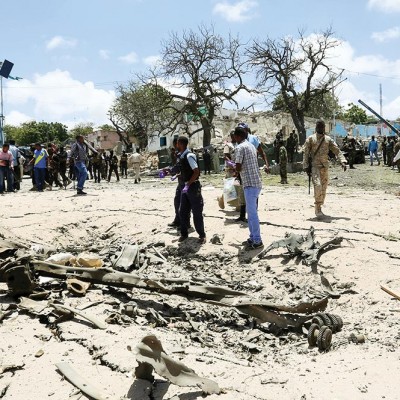In the last two issues of Conflict Trends, I reflected on the global challenges that confront us. In this editorial, I reiterate our understanding of the complexities that face humanity and offer a platform, the Global Peace Initiative (GPI), that we conceptualised. The GPI will launch in Durban, South Africa, on 11 November 2018, exactly 100 years after the end of the First World War.
Over the past 50 years, the human population has not only doubled in size, but has also developed profound technologies that instantly and continuously link nearly 7 billion people. The globalised economic system, rooted in the interdependence of capital and resource markets, dictates that national and corporate interests often conflict with – instead of complement – efforts to redress inequality and poverty. Geopolitical and security threats epitomised by the rise of intrastate conflicts are no longer contained by geographic boundaries. Global negotiations on climate, trade and institutional reforms remain gridlocked. Millions of individuals consequently languish in a system that is ill-equipped to manage the paradoxes of converging local, national and global forces.
Managing these unprecedented challenges requires a transformative shift from competition to cooperation. Dialogue must become the foundation of any meaningful path towards an equitable and just world. National interests can be pursued through new frameworks of mutual global responsibility. The current economic and political paradigms must be examined to determine what new models can be created through a shared understanding of our current challenges and future needs.
The GPI will be a catalyst for generating new ideas to address the complex challenges we face, today and in the future. Through extensive dialogue and engagement, the GPI will stimulate discussions around the conceptualisation of a new social contract, which can manage the diverse interests that characterise society and will speak to the ambition of a better world. The GPI will underscore the basic values of freedom from fear and freedom from want, imagining the ultimate goal of reducing inequalities that are prevalent globally.
The GPI will stimulate and convene a dialogue among high-level policymakers and decision-makers in government, the private sector and civil society to stimulate the conceptualisation of a new social contract. It will convene a network of leading policymakers and decision-makers – such as politicians, businesspeople and civil society leaders – who share both our understanding of the challenges before us as well as our commitment to forging innovative solutions. This dialogue will empower and amplify the voices of like-minded individuals who believe a better world is possible.
In addition, a critical mass of youth from across the world will be called upon to articulate a vision of the world they desire. Engaging in dialogue between themselves and with current decision-makers will ensure that the leaders of tomorrow are active stakeholders in this process. Their expectations of our current leaders will be crucial for influencing the continuous recalibration of how individuals, governments and businesses work together to achieve the common goals of peace and equality. A world characterised by a rapidly growing population and shrinking resources, alongside growing inequality, marginalisation and poverty, is a recipe for continuous instability and conflict. Today, no part of our world is insulated from conflict or its manifestations. Societies that have invested in development and equality have benefited from stability and peace, showing that a social contract forged on cooperation for mutual benefit is possible.
The time is ripe for a new social contract. Existing models for governance between governments and their people, and existing social contracts (or their absence), are challenged by today’s global conditions. To address these challenges, we must reframe our conceptions of the long-term challenges that confront us, as well as our approaches to building more peaceful, inclusive and prosperous societies. We need a new model for cooperation, based on dialogue. We need new ideas that will lead to new ideologies and new models to meet the challenges of our contemporary world. The GPI will be a catalyst for this new global dialogue and a vehicle for change.

